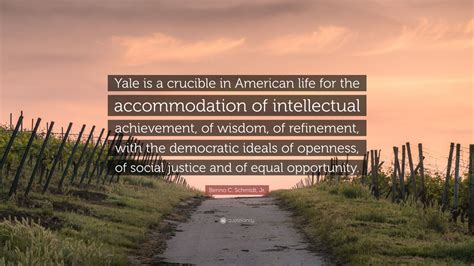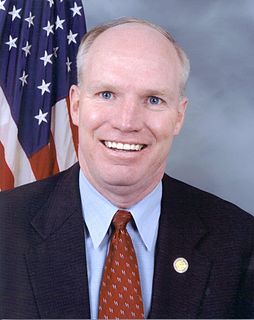A Quote by Njabulo S Ndebele
The problems of society will also be the problems of the predominant language of that society. It is the carrier of its perceptions, its attitudes, and its goals, for through it, the speakers absorb entrenched attitudes. The guilt of English then must be recognized and appreciated before its continued use can be advocated.
Related Quotes
The most serious problems of freedom of expression in our society today exist on our campuses. The assumption seems to be that the purpose of education is to induce correct opinion rather than to search for wisdom and to liberate the mind....Attitudes on campuses often presage tendencies in the larger society. If that is so with respect to freedom of expression, the erosion of principle we have seen throughout our society in recent years may be only the beginning.
If we desire a society of peace, then we cannot achieve such a society through violence. If we desire a society without discrimination, then we must not discriminate against anyone in the process of building this society. If we desire a society that is democratic, then democracy must become a means as well as an end.
Until society can be reclaimed by an undivided humanity that will use its collective wisdom, cultural achievements, technological innovations, scientific knowledge, and innate creativity for its own benefit and for that of the natural world, all ecological problems will have their roots in social problems.
People constantly requesting government intervention are casting their problems at society. And, you know, there's no such thing as society. There are individual men and women and there are families. And no government can do anything except through people, and people must look after themselves first. It is our duty to look after ourselves and then, also, to look after our neighbours.
If a novel is written in a certain language with certain characters from a particular community and the story is very good or illuminating, then that work is translated into the language of another community - then they begin to see through their language that the problems described there are the same as the problems they are having. They can identify with characters from another language group.
Modern society will find no solution to the ecological problem unless it takes a serious look at its lifestyle. In many parts of the world society is given to instant gratification and consumerism while remaining indifferent to the damage which these attitudes cause. Simplicity, moderation and discipline, as well as a spirit of sacrifice, must become part of everyday life, lest all suffer the negative consequences of the careless habits of a few.
In the United States, one of the main topics of academic political science is the study of attitudes and policy and their correlation. The study of attitudes is reasonably easy in the United States: heavily-polled society, pretty serious and accurate polls, and policy you can see, and you can compare them.
What the intellectual craves above all else is to be taken seriously, to be treated as a decisive force in shaping history. He is far more at home in a society that weighs his every word and keeps close watch on his attitudes then in a society that cares not what he says or does. He would rather be persecuted than ignored.
Prosperity in human society is misunderstood. The difference between a rich and poor society is the number of problems that society solves for its citizens. That means technological innovation is the source of all prosperity, but with every tech innovation, you also get disruption - ultimately, social and civic disruption.


































